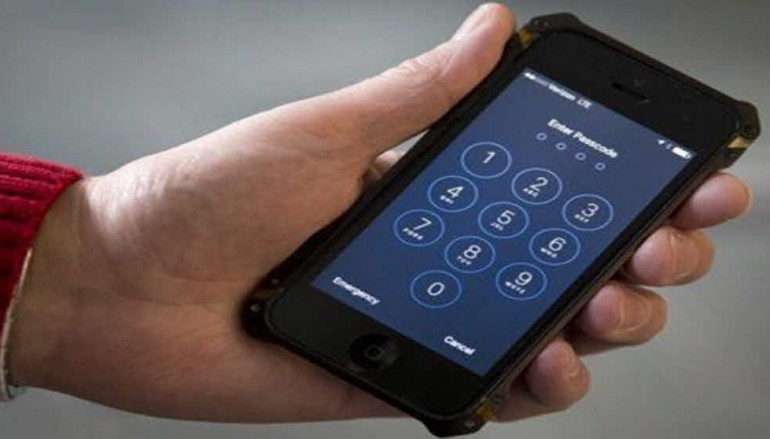
We still need to talk about encryption
Two legitimate interests of society were at war with each other in the fight between Apple and the FBI over the contents of a terrorist’s iPhone. After seeking in court to compel Apple’s help in unlocking the phone, the FBI has pulled back, saying it found a way to obtain the data without Apple’s assistance.
But the larger conflict over encryption of data and its impact on privacy and security is not yet sorted out and must not be neglected.
On one side, law enforcement authorities in the United States express a valid worry about the prospect of “going dark” — that manufacturers are building products that encrypt data, either on a network or on the device, in ways that are accessible only to a user, and thus off-limits to law enforcement even with a court-approved warrant. They fear that this could provide a digital safe haven to criminals and terrorists.
On the other side, Apple Chief Executive Tim Cook insists that any concession to government intrusion will weaken encryption for all users, at great risk to security and privacy. Cook sees encrypted data as a safeguard for the 99 percent of law-abiding users against proliferating cybersecurity threats. Many consumers are demanding protection, especially after the Edward Snowden disclosures of government surveillance. Tech companies also argue they’ll be better able to protect free speech for billions of people in unfree societies such as China and Russia if they do not bow to U.S. government demands.
In the confrontation over the San Bernardino, Calif., shooter’s phone, neither side gave ground from these positions. The conflict escalated rapidly without revealing any serious wiggle room. It was not a promising environment in which to make policy.
Apple did suggest during the debate, without endorsing any specific legislation, that perhaps Congress should take up the issue. The company also expressed some openness to the establishment of a national commission of experts to determine whether the twin imperatives of privacy and security can both be met.
Some encryption enthusiasts insist this is a fool’s errand, that any “backdoor” vulnerability handed to government will eventually get into the wild and ruin encryption for all. Perhaps, but if this argument is true, there should be no harm in having it scrubbed and examined by a national commission of the best and brightest minds.
Ditto the argument put forward by some in the tech community that law enforcement has many other ways to obtain information these days and is crying wolf when it complains about “going dark.” Finally, a commission might offer Congress suggestions to update federal laws governing communications that date from the analog age.
The FBI’s withdrawal from the court challenge offers a respite that should not be wasted.
Source | Madison





